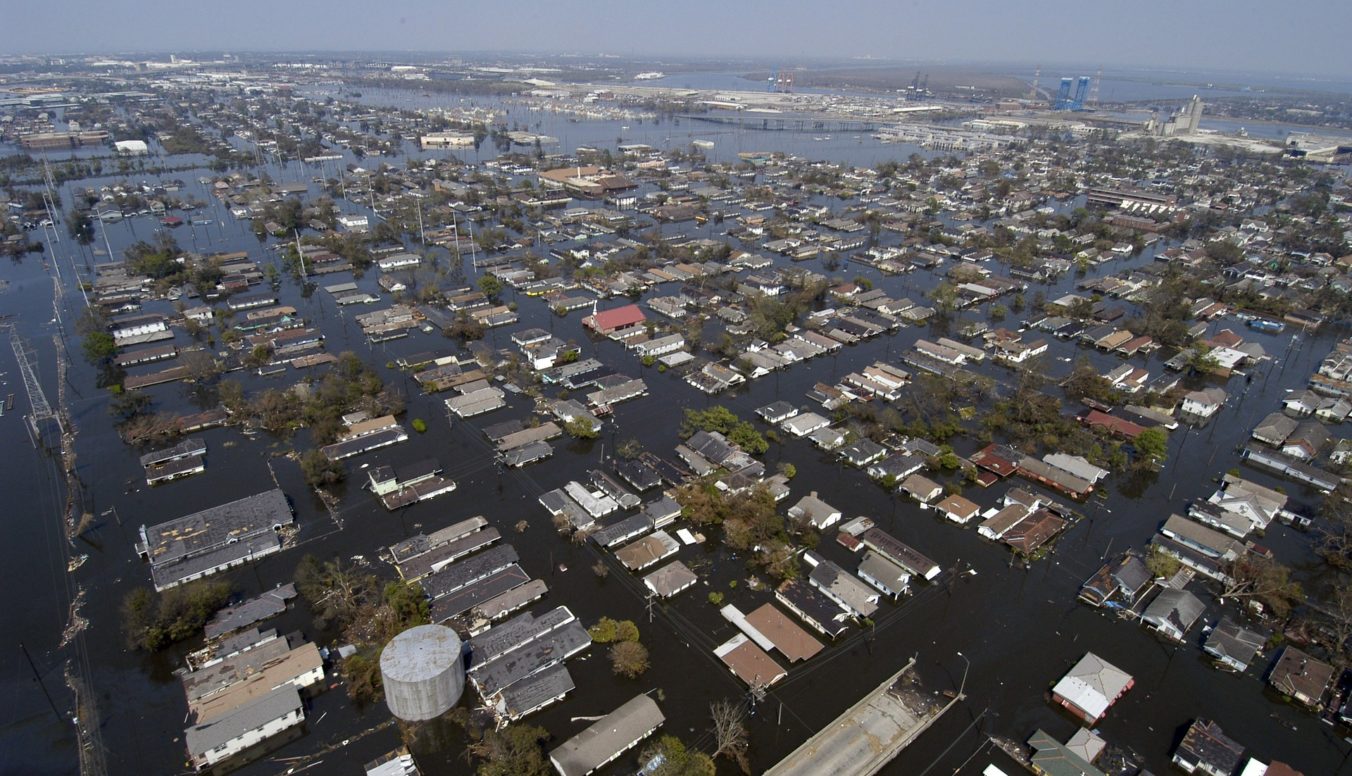“Once mainstream market participants wake up to the risks and opportunities posed by the physical environment and our attempts to manage it, it will become one of the common lenses through which risk is evaluated.” – Alicia Karspeck, Ph.D.[1]
At Gitterman Asset Management, we believe that climate change is our most critical systemic challenge. To that end, as well as being the biggest trend in the investment management industry, sustainable investing is also our highest purpose. We’re therefore committed to educating advisors so that they can participate in this shift and contribute to the purposeful direction of capital.
In April, Cerulli Associates found that, notwithstanding client interest, “many advisors are still reluctant to offer ESG strategies in client portfolios.”[2] This is at a time when ESG strategies have been growing in availability, showing no signs of slowing. This only steepens the learning curve for advisors, especially as quality is not a given under rapid proliferation.
Climate-specific investing, and, especially that which leads to tangible outcomes, such as the transition to net zero carbon emissions to align with the Paris Agreement, or adaptation to the myriad physical risks we are facing given just existing global warming, requires another leap in technical understanding. If advisors are not yet able to authentically serve clients with a general ESG interest, how will they serve clients who are specifically attentive to, and perhaps more knowledgeable about, climate? Certainly, in the numerous events we’ve held in partnership with RIA Channel, we see many of the same foundational questions showing up in the Q&A. A significant portion of our audience comes from large firms, which begs the question as to whether those organizations are prioritizing the necessary investments in advisor education?
Without sufficient technical understanding, discerning between greenwashing and truly intentional investment products is tough. Marketing language, especially that propagated by big budgets (yet sometimes built on small ambitions!), may set off endorphins, but after that initial warm feeling, what are you left with?
Tariq Fancy, former CIO of sustainable investing at BlackRock, recently shared that he was “rebuked…for going off script” when asked by a client what the impact of investing in low-carbon funds would be. His colleague, “told him that he should have stuck to the talking points by simply saying the funds are a way for clients to contribute to the fight against climate change, even though there wasn’t an explanation of how.”[3]
Interestingly, sustainable investments recently “shrunk” in Europe, going from $14 trillion to $12 trillion from 2018 to 2020. This is not due to waning interest, instead it’s a result of more stringent definitions on what constitutes a sustainable investment under the E.U.’s SFDR. That’s not to say E.U. regulation has got it all right, but the subsequent change in assets does point to the wider problem of definitions and intentions. Put simply, voluminous data and elegant marketing do not automatically lead to a decarbonized world any more than a shelf full of unread books increases one’s intellect.
We’re not saying this is easy – in fact, quite the opposite. In our industry conversations, experts who’ve been working in this space for years comment on how the level of information and new insights can be overwhelming. Prioritizing time to learn can also be a challenge for a busy advisor. Moreover, the trade-offs and complexities associated with mitigating and adapting to climate change should not be underestimated: as an industry and as a global society, we are going to make mistakes along the way. Learning is always a continual process and not an end.
We can, though, avoid certain missteps, such as naively piling assets into inadequate products with cool monikers rather than diverting capital towards products with robust philosophies, demonstrable intentionality, and verifiable outcomes. Immersion in the subject matter, asking lots of questions, and retaining healthy skepticism in the face of clever marketing are three ways to mitigate this.
Our upcoming event, The Great Repricing: Financial Advice in the Age of Climate Change, is aimed at helping advisors and other financial professionals achieve the former. We’re convening climate scientists, data providers, leading asset managers, and private companies, all of whom are focused on climate change from risks to opportunities.
Join us for an immersive online experience, during Climate Week, from September 21 – September 24. For $99.95 you get four half-days (10am – 2pm ET of climate-focused content, opportunities to interact live with sponsors and select speakers, as well as access to the videos for 12 months.
______________________________________
[1] https://news.bloomberglaw.com/business-and-practice/adding-climate-risk-in-investment-assessments-is-no-passing-trend [2] https://www.thinkadvisor.com/2021/04/21/how-to-bridge-the-esg-divide-between-advisors-clients/ [3] https://www.bloomberg.com/news/features/2021-07-13/why-former-executives-warn-of-false-gains-in-esg-frenzy?sref=7VC7pYOU


